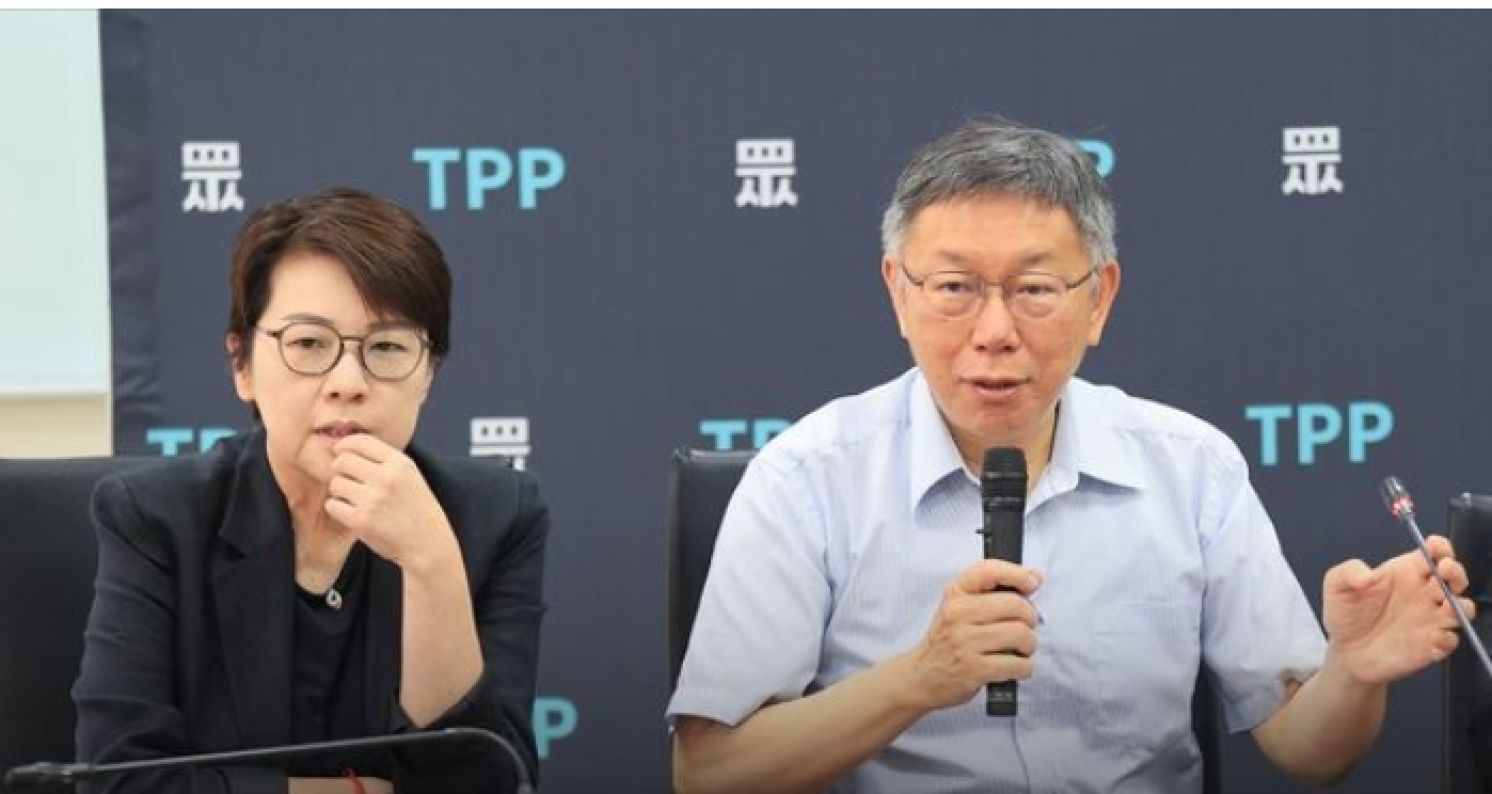
This Week in Taiwan 0818-0824
August 18:
Minister of Transportation and Communications Lee Meng-yen was exposed to have been involved in a 10-year extramarital affair with a mainland Chinese woman. He promptly submitted his resignation which was approved, becoming the second cabinet member in the administration of President Lai Ching-te to resign. His tenure lasted only 92 days. The woman is a mainland spouse attracting attention not only for her marital status but also due to her connection to a development project under businessman Chang Kang-wei's company, which has been accused of embezzling funds from Far Eastern Air Transport. This revelation has sparked much speculation.
August 19:
After a 12-year hiatus, the military publicly demonstrated drills involving precision weapons at the Jiupeng Base in Pingtung. The event showcased the Patriot II missile system and, for the first time, the Sky Bow III missile. Additionally, there were discreet test firings of the Hsiung Feng II E land-attack cruise missile in the early morning. However, the Ministry of National Defense declined to provide details about more sensitive missile types. The exercises followed a "decentralized command" model.
August 20:
The scandal surrounding false political donations by Chairman Ko Wen-je of the Taiwan People's Party (TPP) continues to escalate. The TPP has initiated four major party reforms, including suspending the party membership of Legislator Huang San-shan, who served as the presidential campaign executive director, for three years. The party's financial director Lee Wen-chung and accountant Tuanmu Cheng have been expelled. Although Huang retains her position as legislator, all her party roles have been suspended, and she is unable to actively seek the TPP's nomination in the 2026 local elections.
August 21:
Legislator Lin Yi-chin from Tainan is suspected of embezzling assistant fees. Prosecutors conducted searches at her legislative office and Tainan district office, bringing in more than 10 people for investigation. Lin was released on bail of NT$1 million (about US$31,450), while her director remains in custody. Lin is accused of using friends and family members as proxies to fraudulently claim several million New Taiwan dollars in assistant fees, violating the Anti-Corruption Act.
August 22:
President Santiago Peña of Paraguay stated that despite diplomatic relations with Taiwan, he maintains an open attitude towards trade with China through Mercosur, a tariff and trade alliance formed by several South American countries. Mercosur is currently negotiating with the European Union and exploring the possibility of a trade agreement with China. Due to diplomatic ties with Taiwan, Paraguay cannot export grain to mainland China.
August 22:
The Executive Yuan approved the budget for the next fiscal year, which will be sent to the Legislative Yuan for review. The overall defense budget will total NT$647 billion (about US$20.3 billion), a historic record, accounting for approximately 2.45 percent of gross domestic product (GDP). Premier Cho Jung-tai also approved a follow-up budget of NT$284 billion (about US$8.9 billion) for submarine construction. The plan is to build seven new submarines for mass production from 2025 to 2038, with an initial allocation of NT$20 billion (about US$628 million) for preliminary work in the coming fiscal year.
August 22:
Taishin Financial Holdings and Shin Kong Financial Holdings held simultaneously special board meetings and approved a merger through stock exchange. Taishin will be the surviving entity, making it the fourth-largest financial holding company in Taiwan. Subsequently, CTBC Financial Holdings formally made a public offer to acquire Shin Kong, estimating a total acquisition value of up to NT$131.4 billion (about US$4.1 billion) through a combination of cash and stock. If successful, CTBC would surpass Fubon and Cathay to become the leading financial holding company.
This marks the first time in Taiwan's financial history that both friendly and hostile mergers are occurring concurrently, with stock exchange and cash acquisitions happening simultaneously, making the case a complex battle of mergers.
August 22:
Mainland China's Fujian Province announced the resumption of accepting applications for group tours and individual travel to Matsu. Visitors can stay for up to 15 days. Taiwanese travel operators promptly invited a group of 100 people from Fujian for a chartered trip to Taiwan, which will be reviewed by the Mainland Affairs Council. This maneuver aims to break the tourism deadlock by using a new cross-strait tourism model.